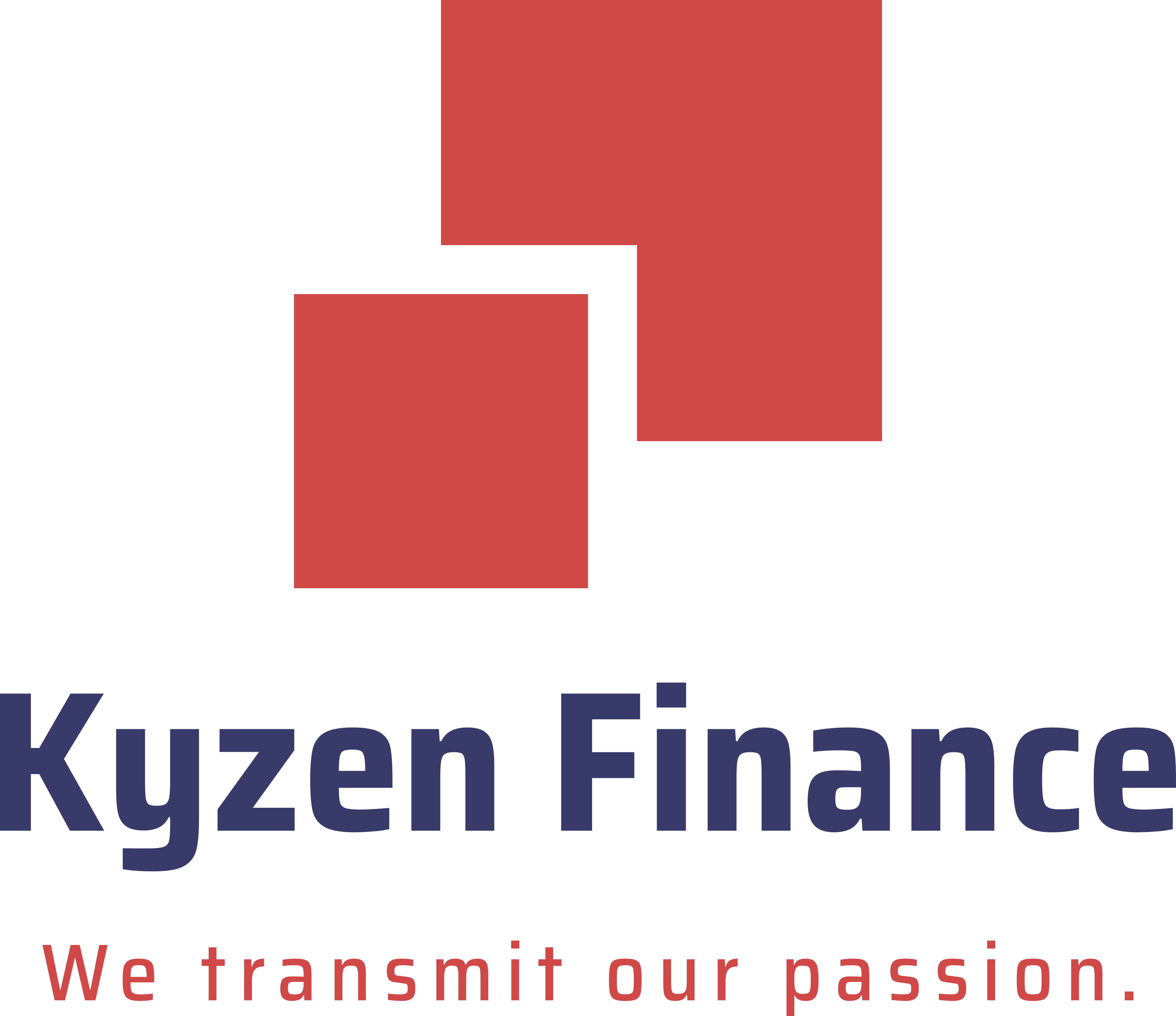
As aspiring finance professionals, navigating the intricate world of ethical decision-making is a crucial skill. The Chartered Financial Analyst (CFA) exams often place a significant emphasis on ethics, recognizing its paramount importance in the financial industry. In this article, we’ll delve into strategies and tips on how to effectively approach ethics questions in the CFA exam, ensuring you not only understand the material but can also apply ethical principles into exam scenarios.
Understanding the Significance of Ethics in the CFA Exam:
Ethics is not just a section of the CFA curriculum; it’s a core principle that underlines the integrity and responsibility expected of financial analysts and investment professionals. The CFA Institute places great importance on ethical conduct, and a significant portion of the exam is dedicated to testing candidates’ understanding and application of ethical principles.
Tips for Navigating Ethics Questions:
1. Master the Code and Standards:
The CFA Institute’s Code of Ethics and Standards of Professional Conduct is the cornerstone of ethical behavior for CFA charterholders. Ensure a thorough understanding of these standards, as they form the basis for many ethics questions. Familiarize yourself with the structure and nuances of each standard.
2. Practice, Practice, Practice:
Ethics is best learned through practical application. Utilize practice questions and mock exams to expose yourself to a variety of ethical scenarios. This not only reinforces your understanding but also hones your ability to apply ethical principles in different contexts.
3. Understand the Context:
Ethics questions in the CFA exam often present real-world scenarios. Take the time to understand the context of the situation before answering. Consider the stakeholders involved, the potential impact of decisions, and any relevant information that might influence your response.
4. Think Like a Fiduciary:
As a financial professional, you are often entrusted with the financial well-being of clients. Approach ethics questions with a mindset of acting in the best interest of the client—a fundamental principle in the financial industry.
5. Beware of Common Pitfalls:
Certain themes and pitfalls are recurrent in ethics questions. Be aware of conflicts of interest, disclosure requirements, and the obligation to maintain confidentiality. Recognizing these common ethical challenges will better prepare you for the exam.
Unlocking Your Ethical Potential with Kyzen Finance:
While mastering ethics is essential, quality education and guidance play a pivotal role in ensuring success in the CFA exam. Kyzen Finance, a leading name in financial education, offers a comprehensive CFA training program that goes beyond textbooks and prepares you to tackle real-world ethical dilemmas.
Why Kyzen Finance’s CFA Training Program?
-
Ethics-Centric Curriculum:
Kyzen Finance’s program puts a strong focus on ethics, providing practical insights and real-world applications to enhance your ethical decision-making skills.
-
Case Study Approach:
Engage in case studies that mirror the complexity of ethical scenarios you might encounter at the exam.
Conclusion:
As you embark on your CFA journey, remember that ethics is not just a hurdle to clear; it’s a cornerstone of your professional identity. Mastering ethics questions in the CFA exam is not just about getting the right answers; it’s about developing a mindset of ethical responsibility. Kyzen Finance’s CFA training program is designed to guide you on this journey, ensuring you not only succeed in the exam but also become an ethical leader in the financial industry.
Invest in your expertise today – [Explore Kyzen Finance’s CFA Training Program] and unlock a future of excellence in finance.










